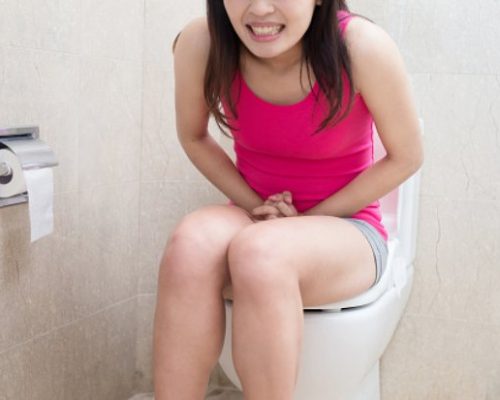
Let’s Know about IBS
Consistent constipation and diarrhoea is a common disorder that can affect people from any age group. Most people avoid taking any treatment for it which invariably affects their daily life adversely. Medically, it is termed Irritable Bowel Syndrome (IBS) and if it continues for a long time, the patient may experience chronic fatigue, depression and anxiety. Ayurvedic treatment for IBS offers a natural, detoxifying, and permanent solution for this problem.





